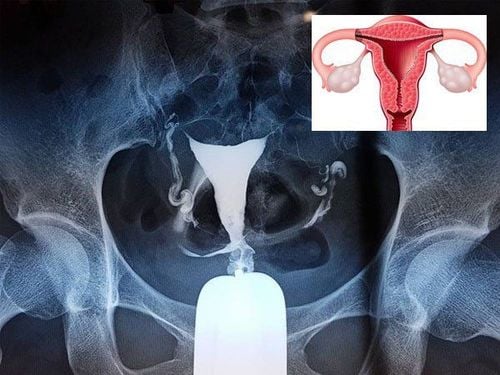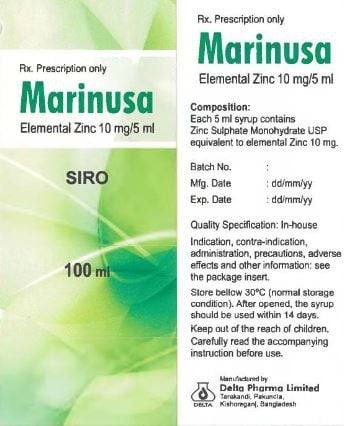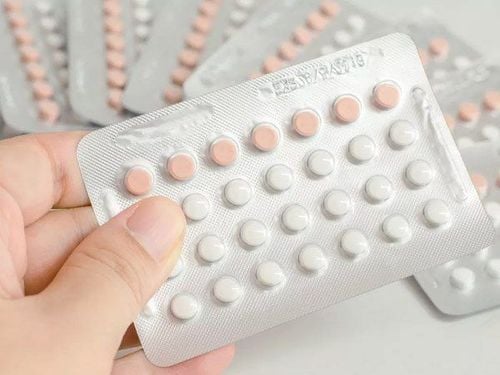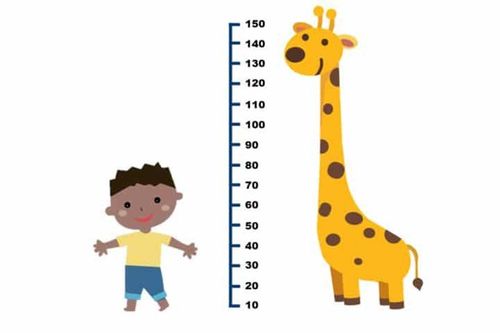This is an automatically translated article.
Protein is one of the four groups of nutrients essential to human health and life. However, some people now limit protein intake for dietary purposes without considering the negative effects of this. This article will provide readers with the answer to the question "how does a lack of protein affect the body".1. Lack of protein in the body will cause muscle weakness
Protein belongs to the group of leading macronutrients essential for the structure, growth and recovery of muscle cells. In particular, protein is an indispensable substance for bodybuilders / weightlifters or those who want to have a toned body. The lack of protein leads to weight loss (desired by many dieters), but also causes the body to lose a significant amount of muscle mass.
Besides causing muscle loss, a lack of protein the body will go into an energy deficiency:
After training sessions, quick-release protein helps the body have an energy source soon after physical activity. If the body does not have enough protein, after exercise, you will be extremely tired and lack vitality. At night, some protein groups will be released slowly to help the body recover and regenerate muscle groups and cells. So, not getting enough protein also freezes the process.
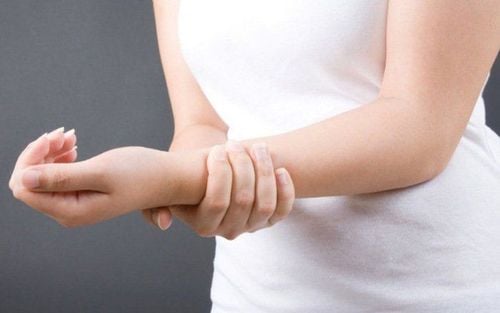
Thiếu protein cơ thể sẽ bị tình trạng yếu cơ
2. How does protein deficiency affect the immune system?
Besides causing the very typical muscle deficiency, studies also show that protein deficiency affects general health and the immune system. Accordingly, the results show that protein is an essential material for the production of antibodies - components in the immune system that play a role in fighting pathogens and preventing infection, thereby maintaining the immune system. general health of the body.
From this result, it can be seen that protein deficiency will lead to a decrease in the quantity and quality of antibodies, reducing immune activity.
3. For women, lack of body protein will cause menstrual problems
Protein and fat are 2 groups of substances that help regulate the circulation of the menstrual cycle in women. In particular, every day, a woman's body needs to absorb a certain amount of calories to ensure regular menstruation.
When entering diets, some health problems will occur if you follow them too strictly. If you follow extreme diets that restrict fat/starch/protein, your body will not only be deficient in nutrients, but also experience menstrual disorders, even causing gynecological diseases.
4. Protein deficiency affects people's mental health
A series of neurotransmitters such as serotonin, dopamine... are all made up of protein. Therefore, when lacking in protein, the body will experience mental problems, including:
Poor mood, irritability and becoming negative. Difficulty maintaining alertness and concentration in work/study/daily activities. Insomnia and trouble sleeping (due to a lack of tryptophan, an essential amino acid that promotes good sleep)... Brain fog phenomenon: this is a phenomenon where the brain becomes vague, lacks clarity, with manifestations of: you often forget important things, feel depressed...
5. Protein deficiency causes what disease?
PEU (or protein-energy malnutrition) is one of the most common diseases in which protein deficiency plays a major role. PEU is very common in the elderly population, patients with reduced appetite / impaired nutritional digestibility or metabolic problems. Besides, PEU is also common in malnourished children who do not get enough protein or energy from food daily.

Thiếu protein cơ thể sẽ bị thiếu dinh dưỡng protein - năng lượng có thể gặp ở trẻ nhỏ
6. Degrees of PEU pathology due to protein deficiency
PEU occurs in 3 degrees:
Mild: the percentage of weight to height is 85% - 90%. Moderate: the percentage of weight to height is 75% to 85%. Severity: the percentage of weight to height less than 75%. PEU when occurring at a mild level will not have obvious manifestations, however, from moderate to higher, this pathology has typical signs of apathy / lethargy and excitable mood. At that time, the patient's body becomes lack of vitality, often feels tired and reduces study / work productivity. In addition, the patient's awareness also decreased.
In addition to the mental manifestations, PEU disease caused by a lack of body protein will develop temporary lactose intolerance. More seriously, patients may have diarrhea due to lack of intestinal disaccharidases, especially lactase deficiency.
Some other common manifestations of PEU include:
Body fat and muscle loss. This wear and tear is most noticeable in areas of the body that store fat such as the abdomen, biceps, thighs... The skin becomes thin and dry, pale, lacks elasticity, often feels cold. Hair is thin, dry and prone to breakage. Injuries to the body take a long time to heal. For elderly patients, the hip bones are more prone to fracture. It can be said that when the body lacks protein, it will experience a multitude of health problems and even potentially life-threatening. So, no matter what diet you are in, protein still needs to be ensured.
Please dial HOTLINE for more information or register for an appointment HERE. Download MyVinmec app to make appointments faster and to manage your bookings easily.




